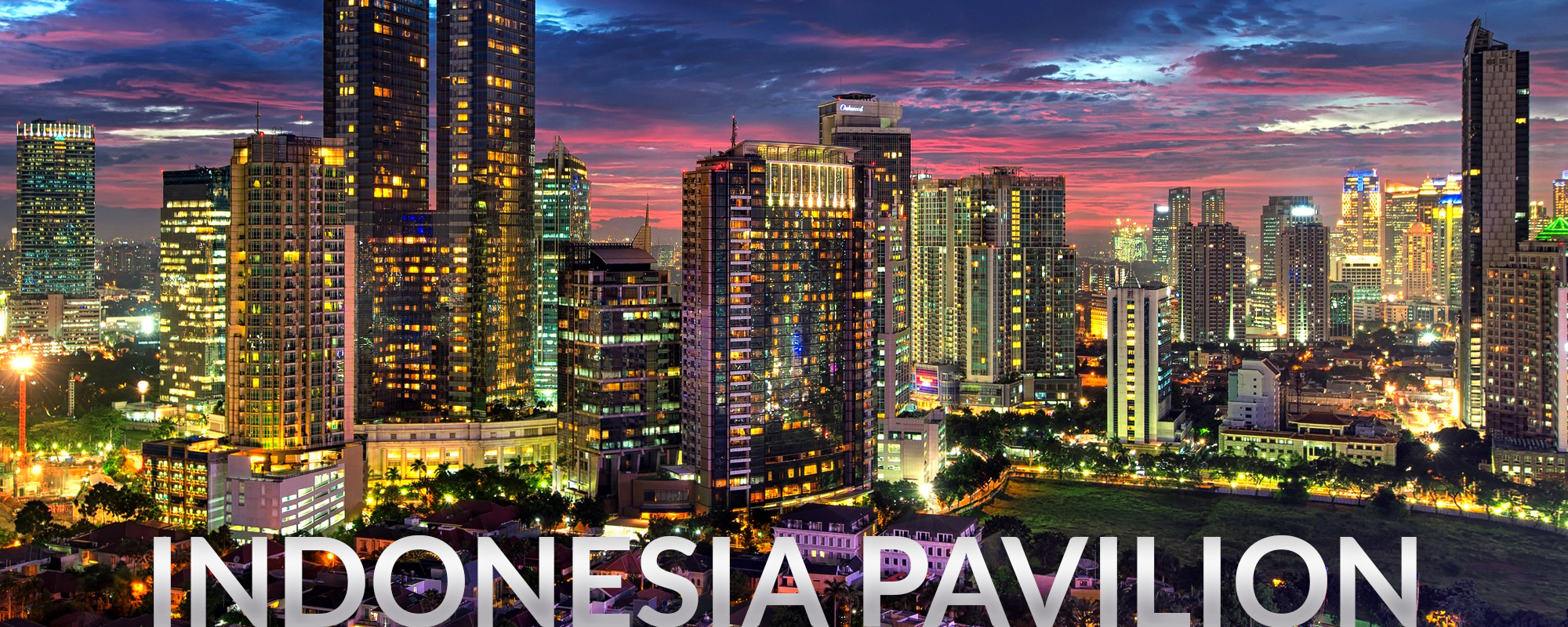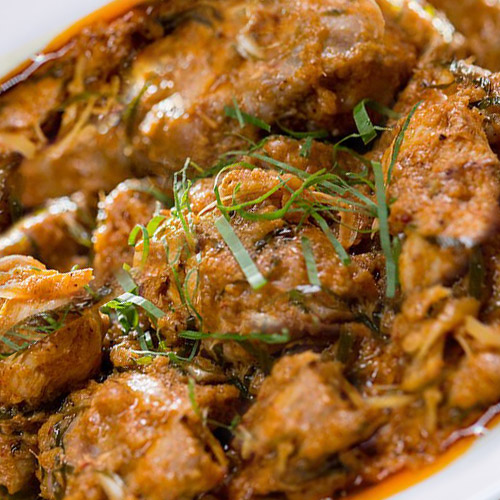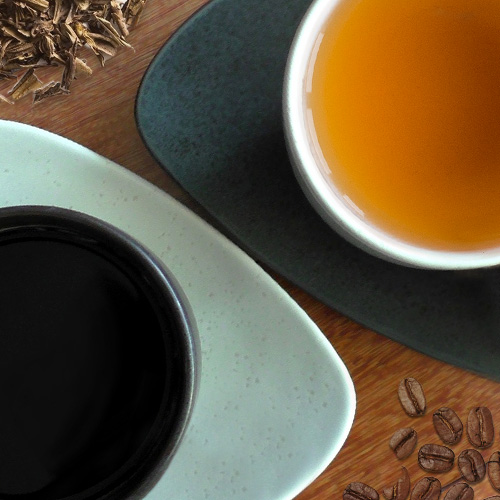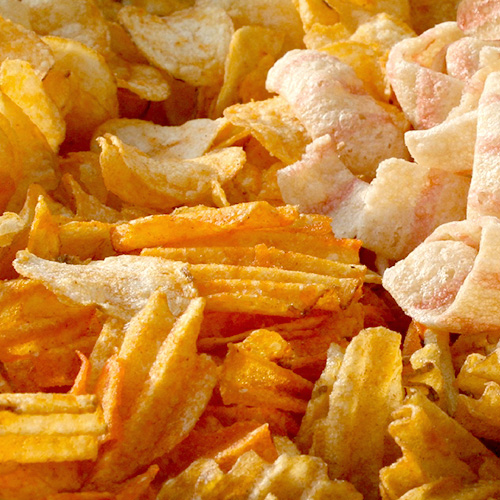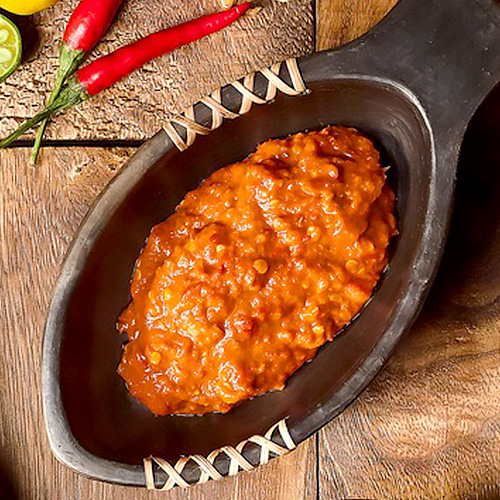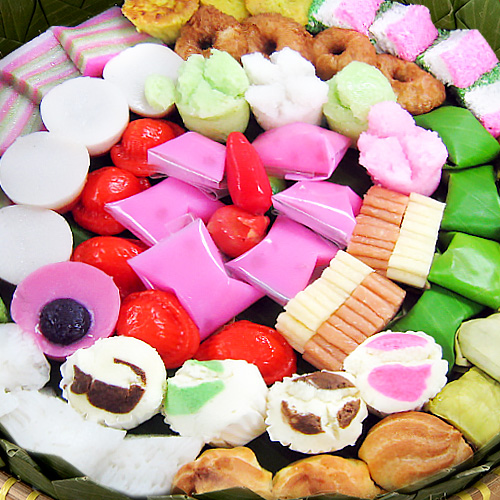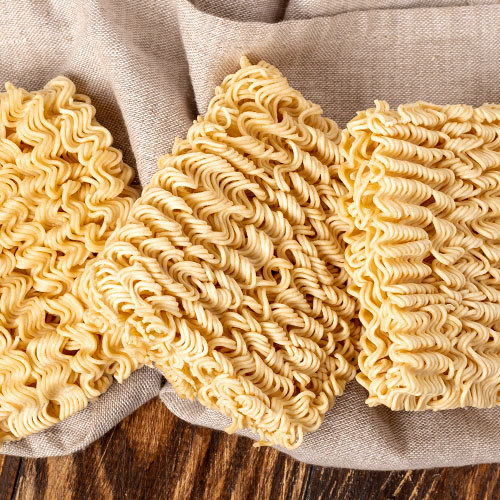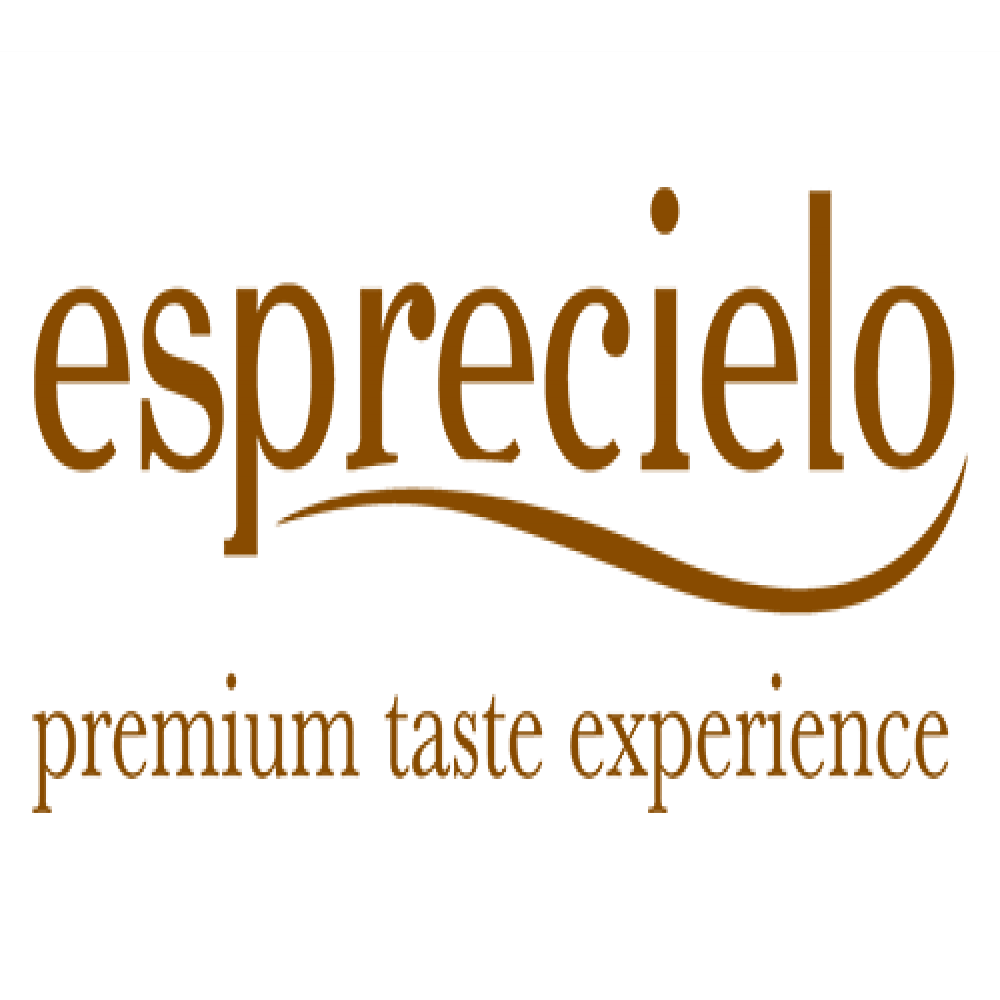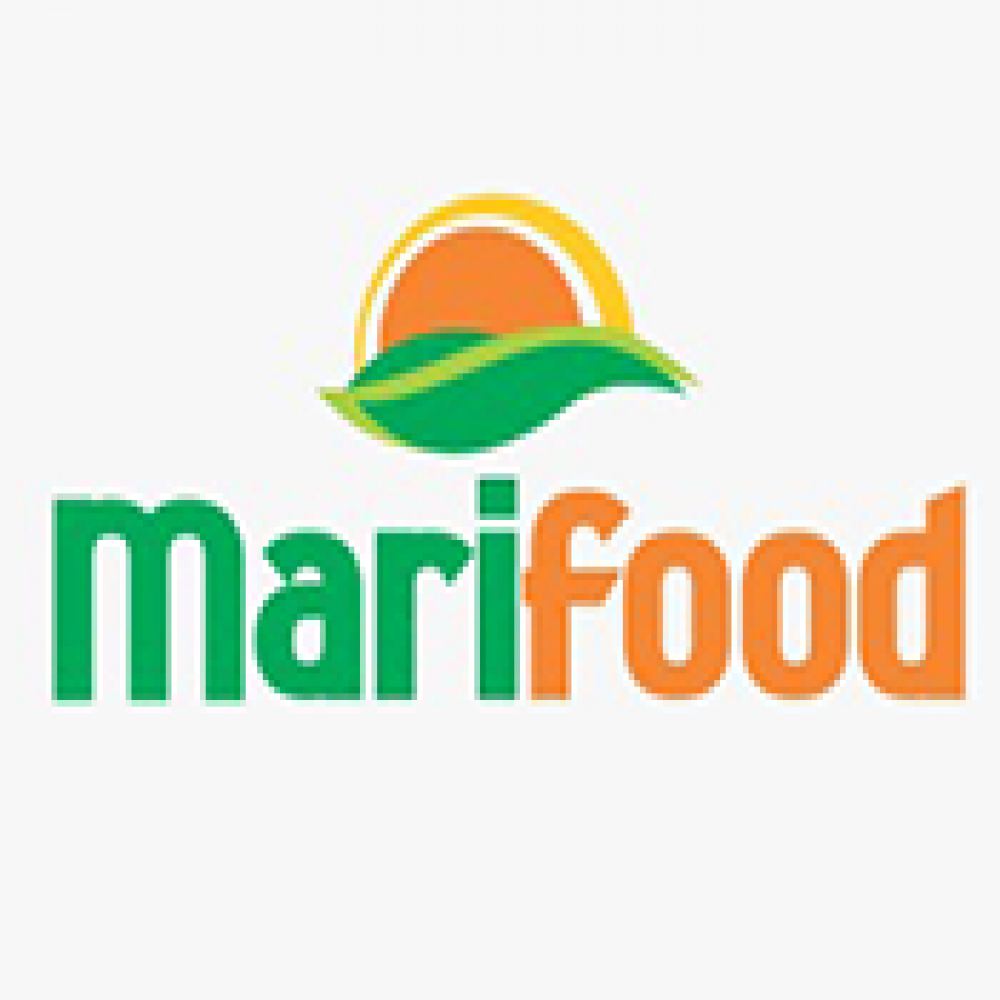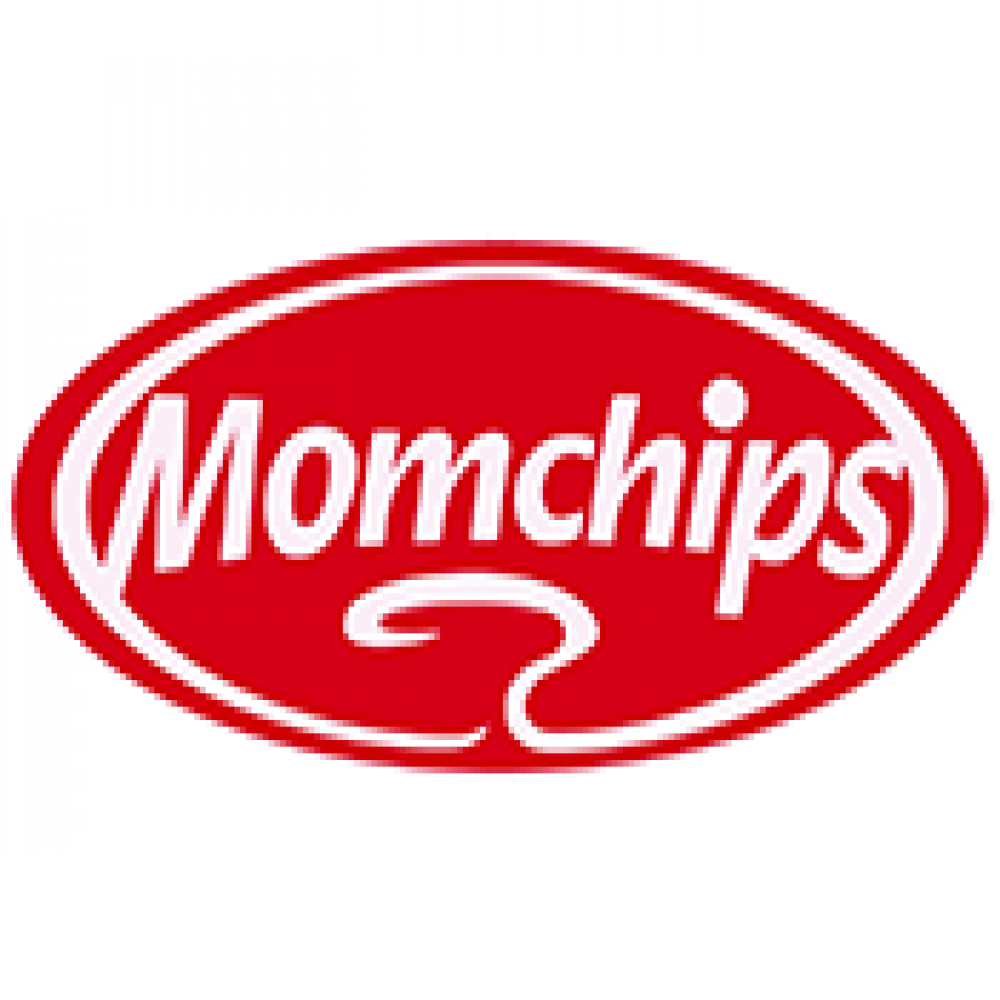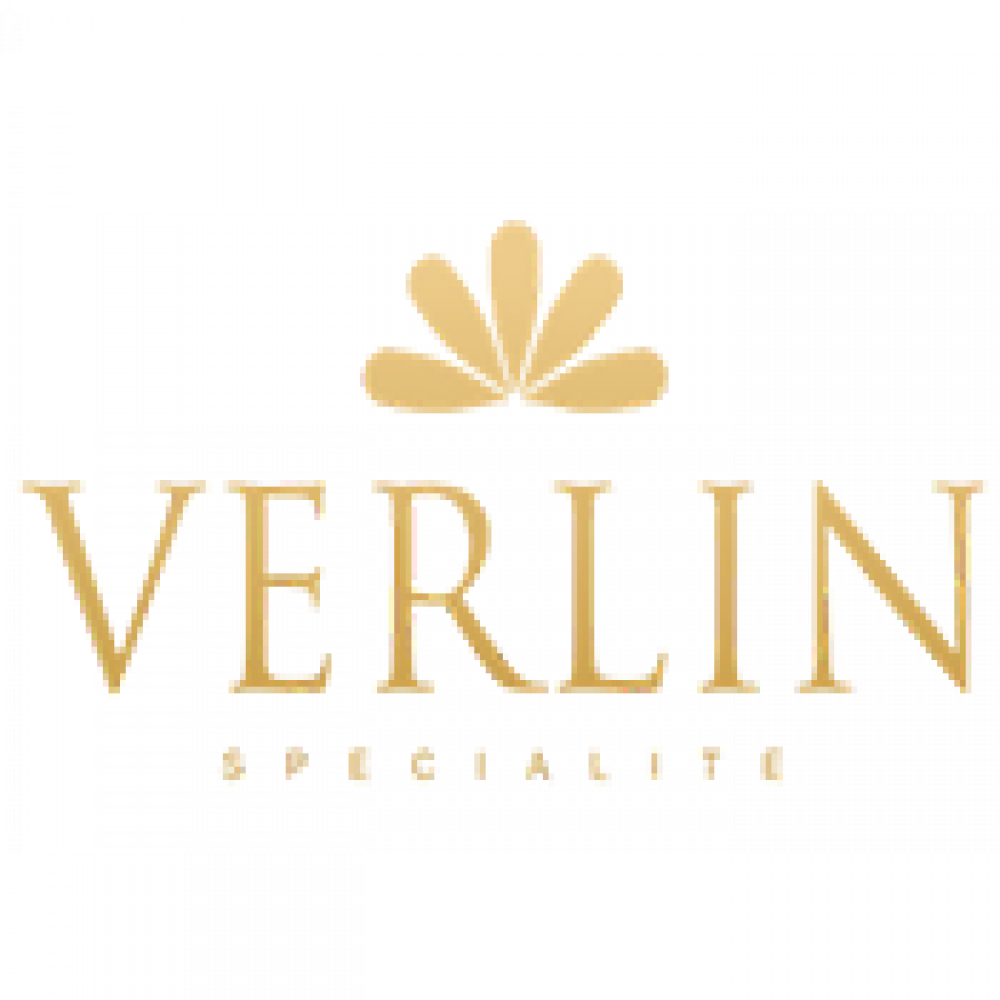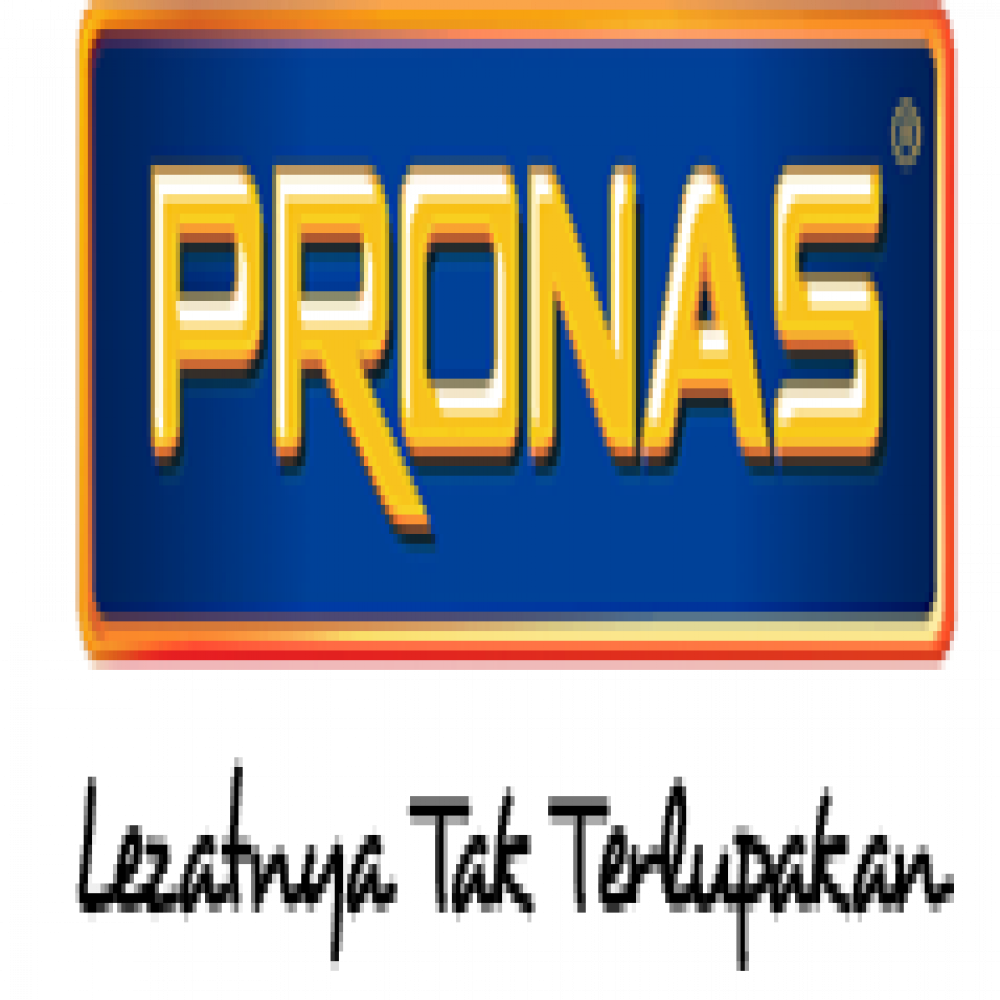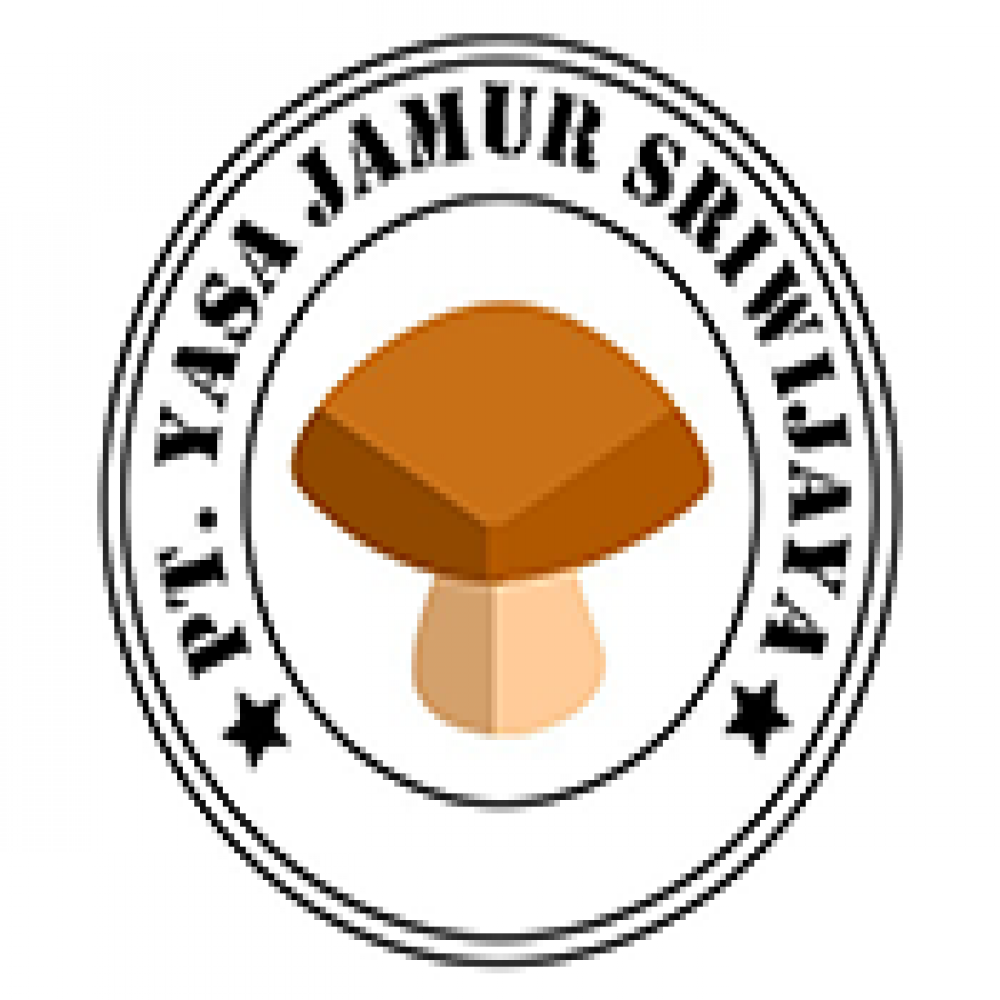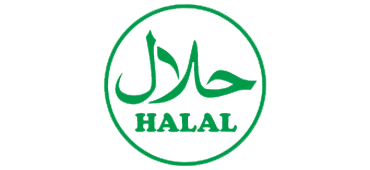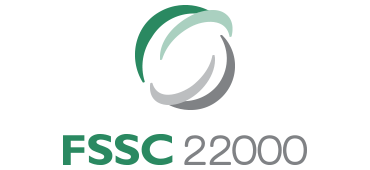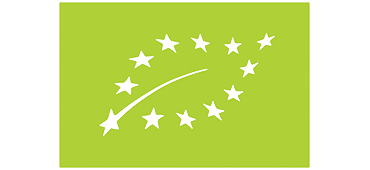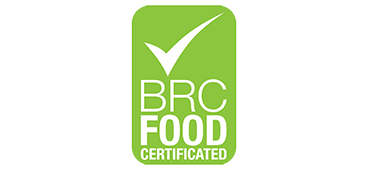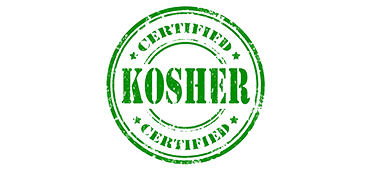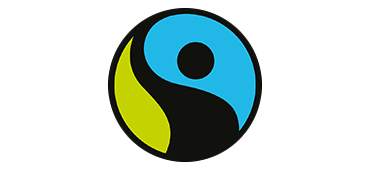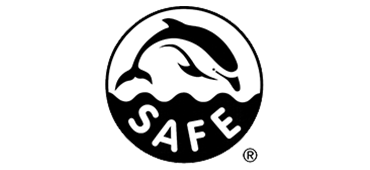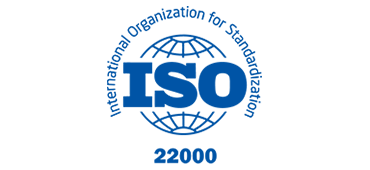Indonesia Unique Products
for the seeker of unique and famous Indonesia Product
Indonesia was the fourth-largest producer of coffee in the world in 2014.Tea is one of the many agricultural crops grown in Indonesia. Besides being sent abroad, their products are also distributed domestically.
Kripik is closely related to krupuk since it is popularly considered as a smaller sized krupuk.
Sambal is an Indonesian chili sauce or paste typically made from a mixture of a variety of chili peppers with secondary ingredients such as shrimp paste, garlic, ginger, shallot, scallion, palm sugar, and lime juice.
Kue is an Indonesian bite-sized snack or dessert food. Kue is a fairly broad term in Indonesian to describe a wide variety of snacks; cakes, cookies, fritters, pies, scones, and patisserie.
Eating home cooking is indeed the most ideal choice. Besides being cheaper, hygiene and health are more guaranteed than buying outside.Majority of Indonesian traditional foods are packaged in ready-to-eat and contemporary forms
Certification From Indonesia
** Only subject to the supplier who with application


